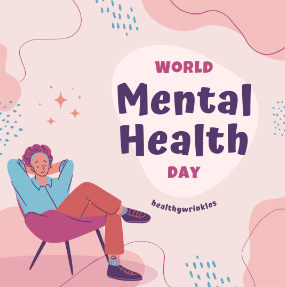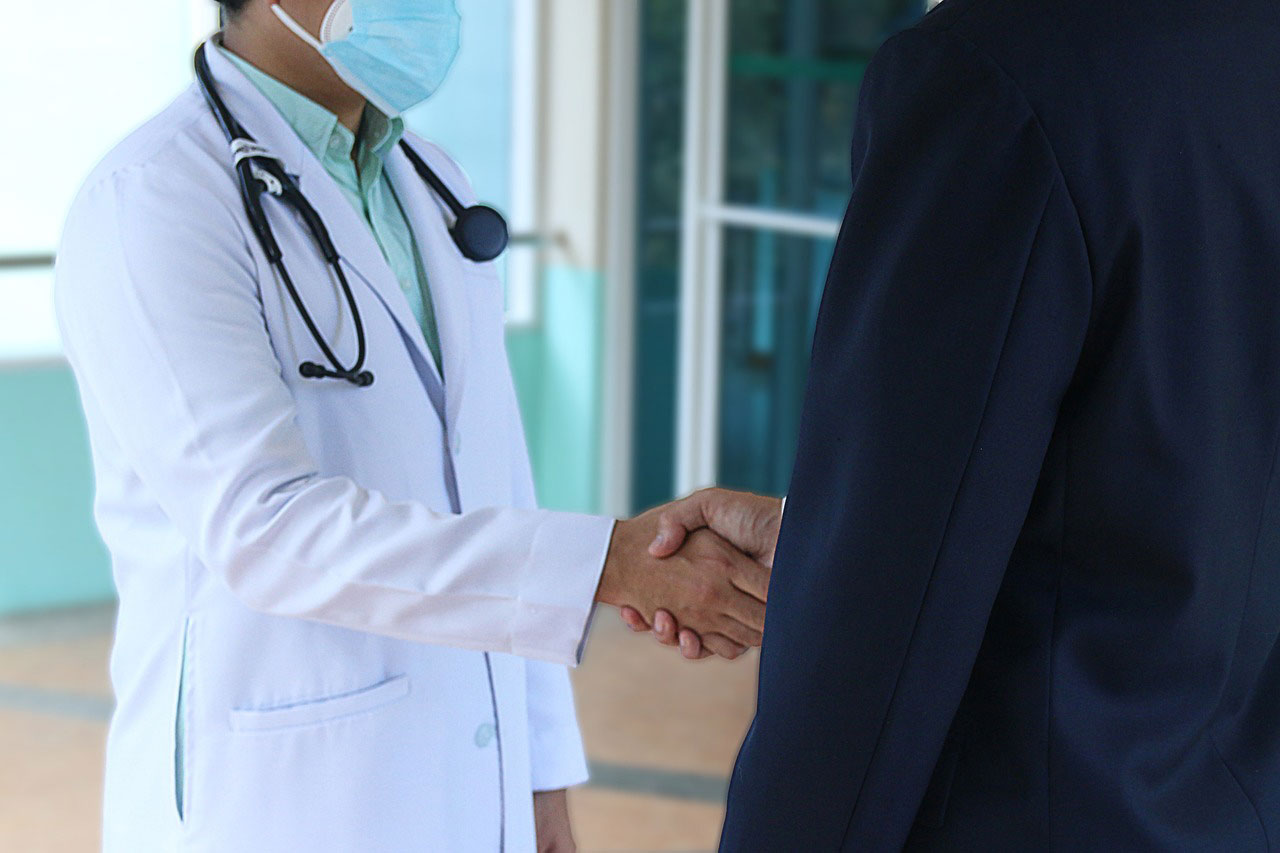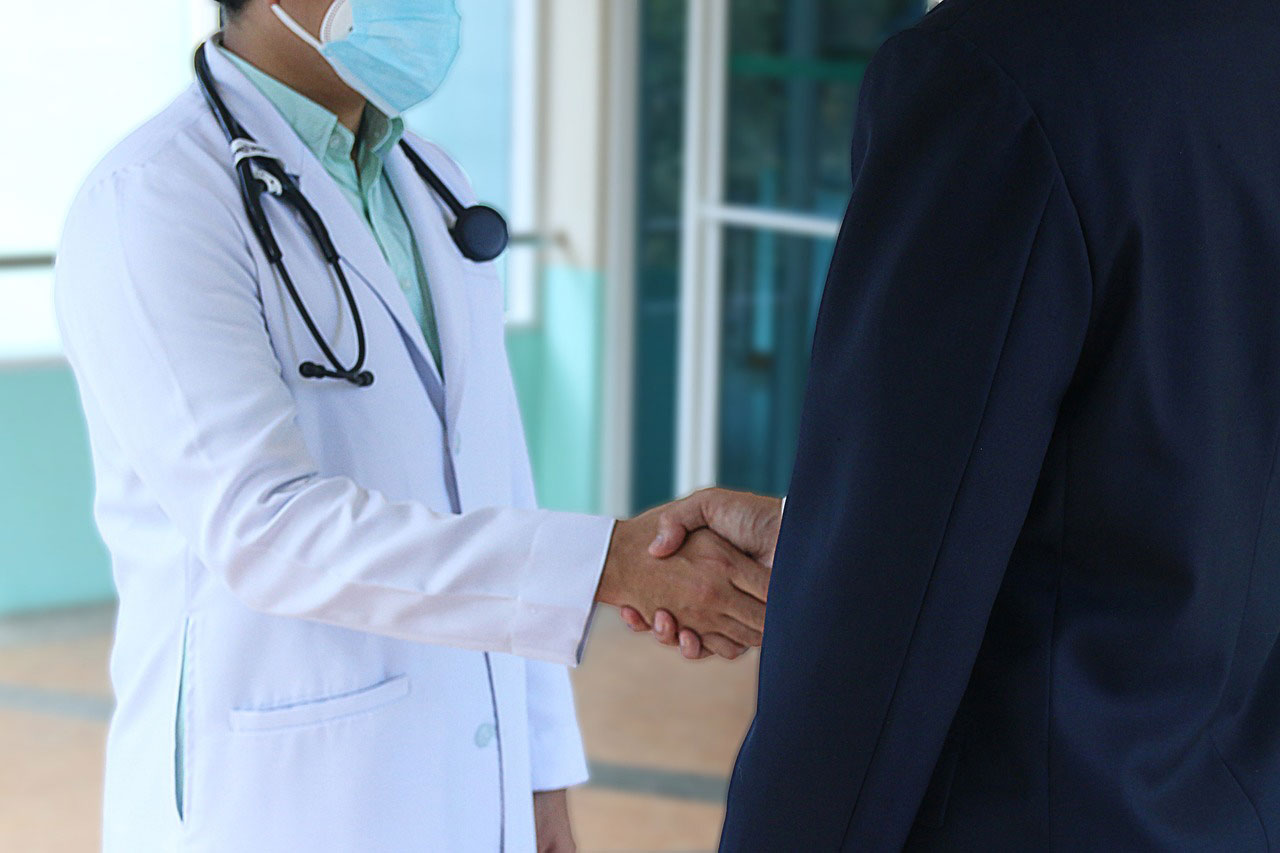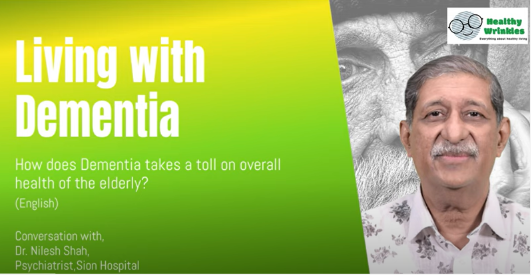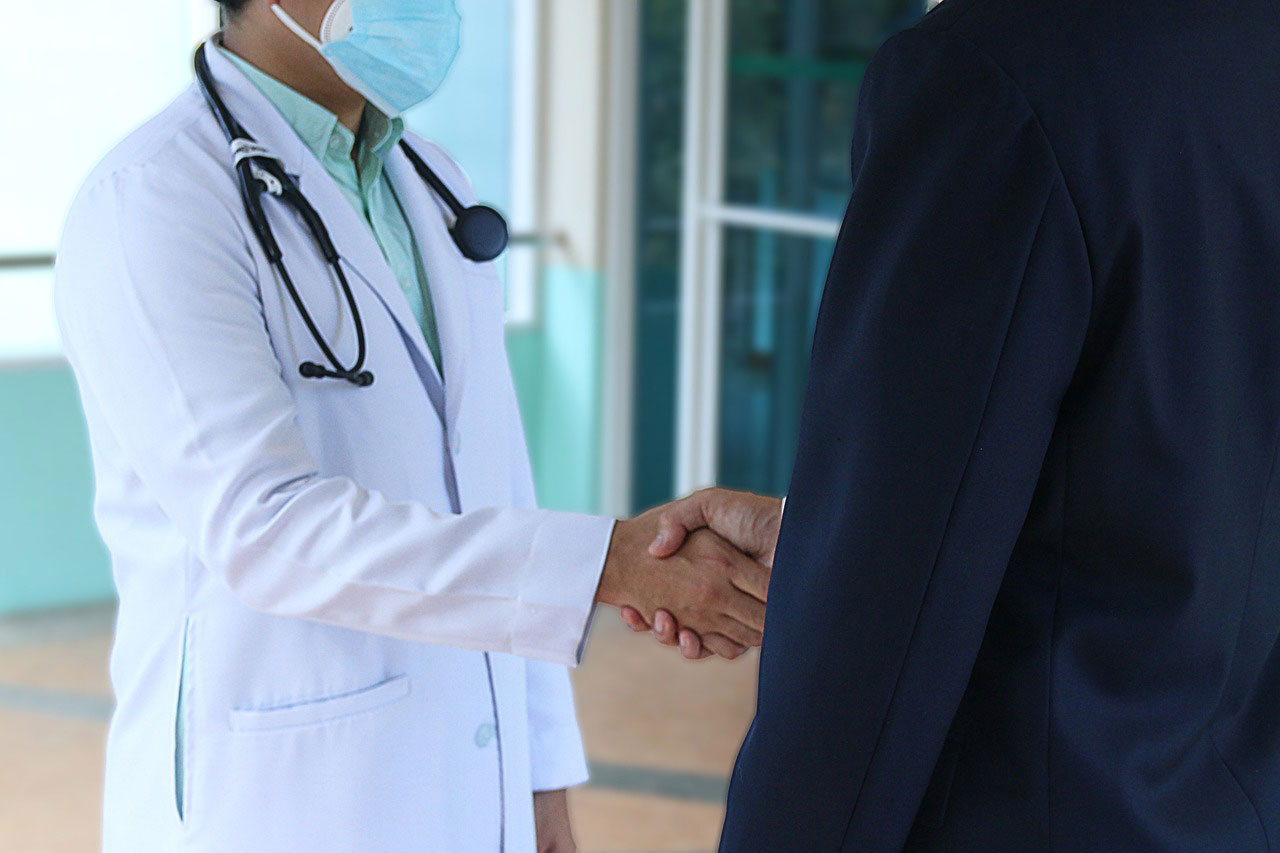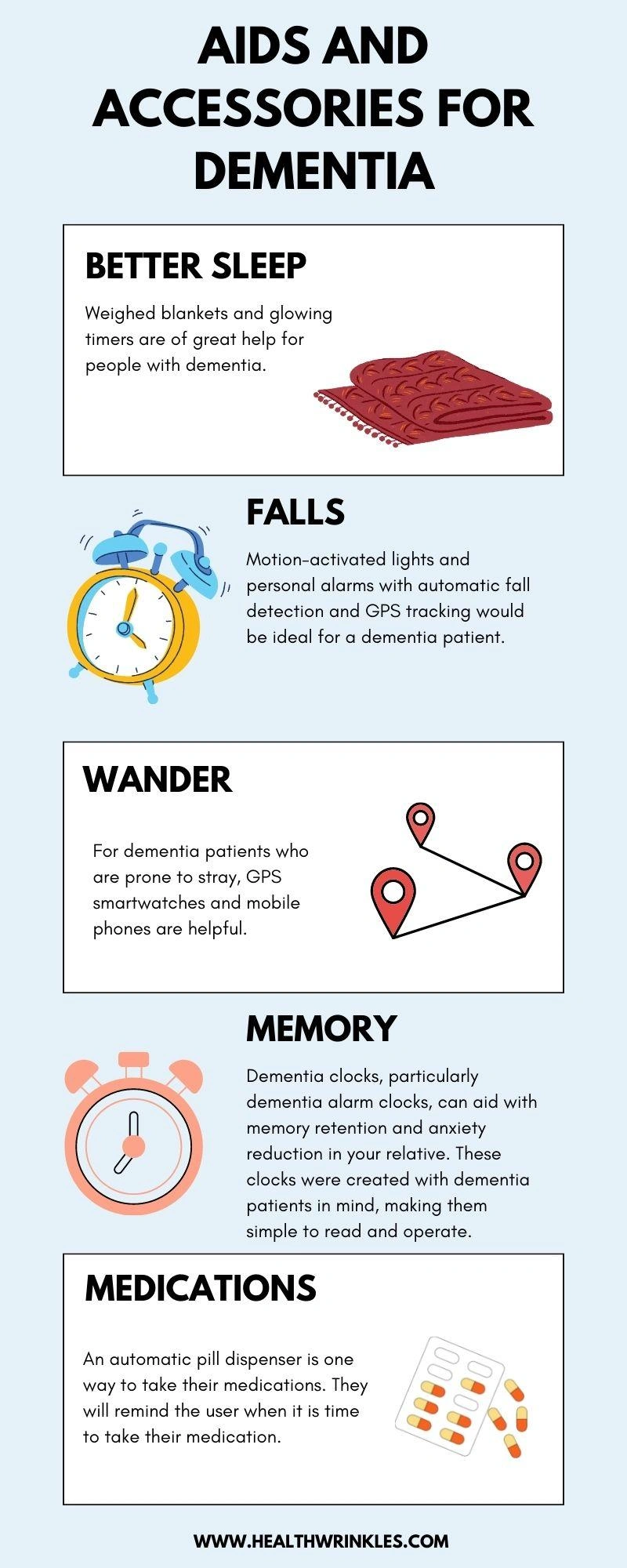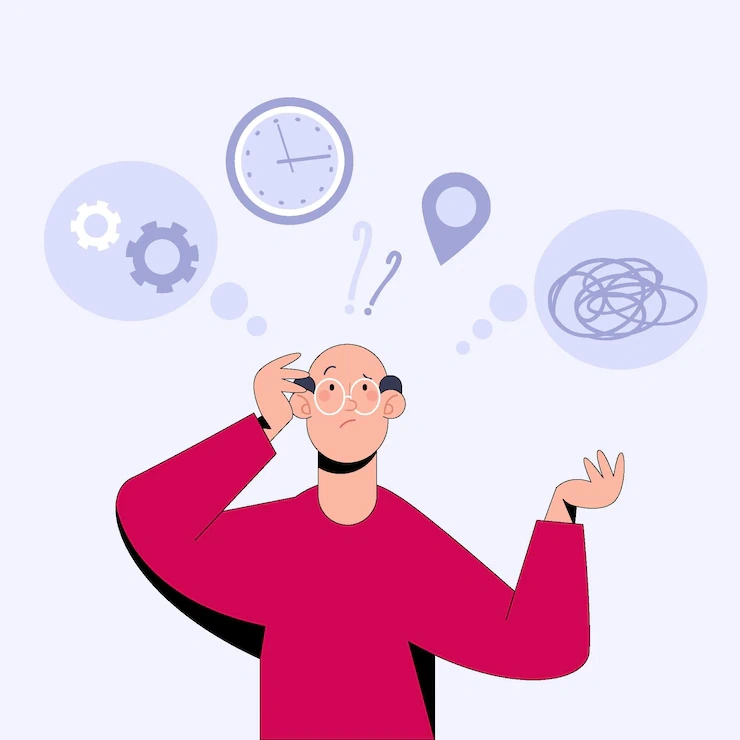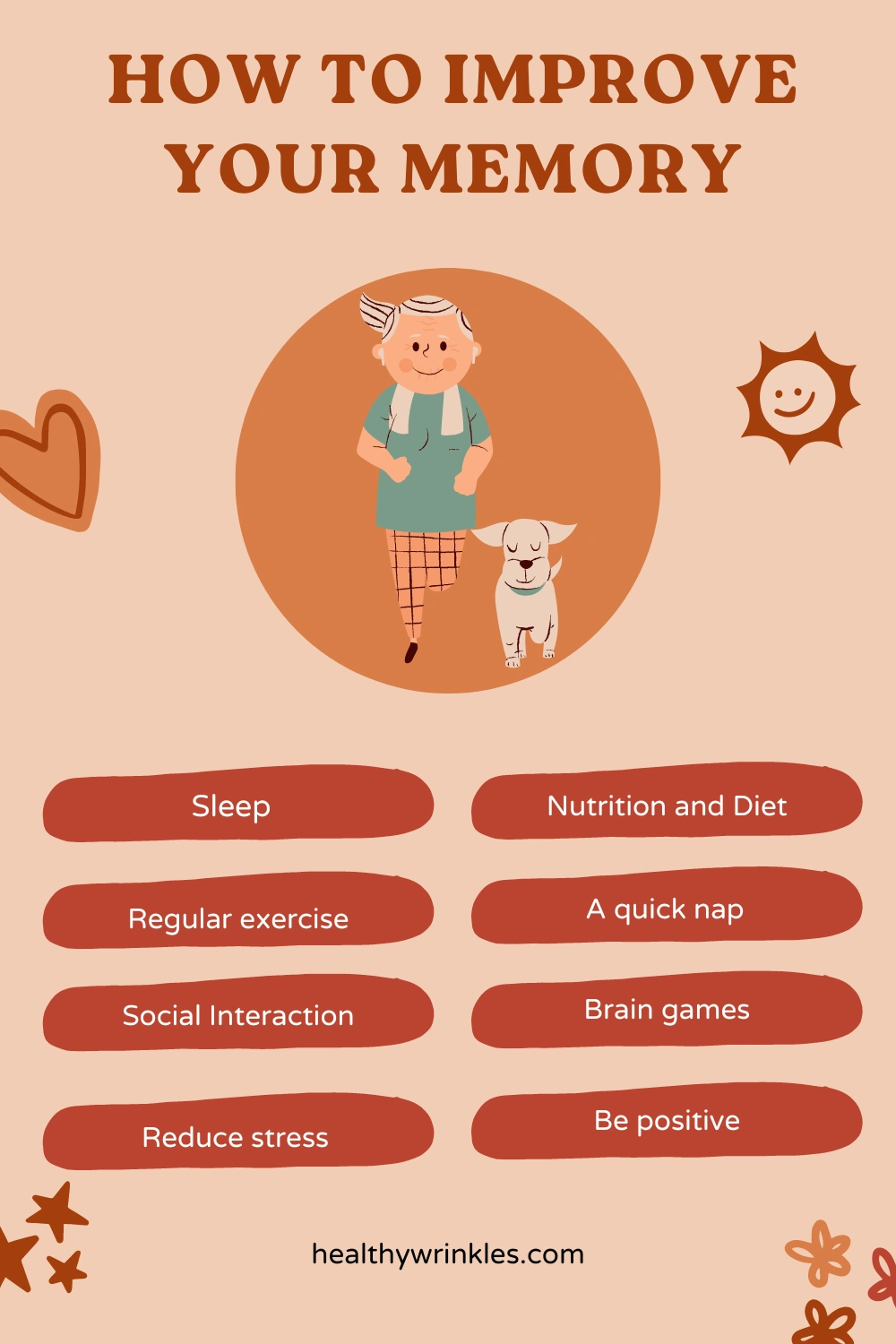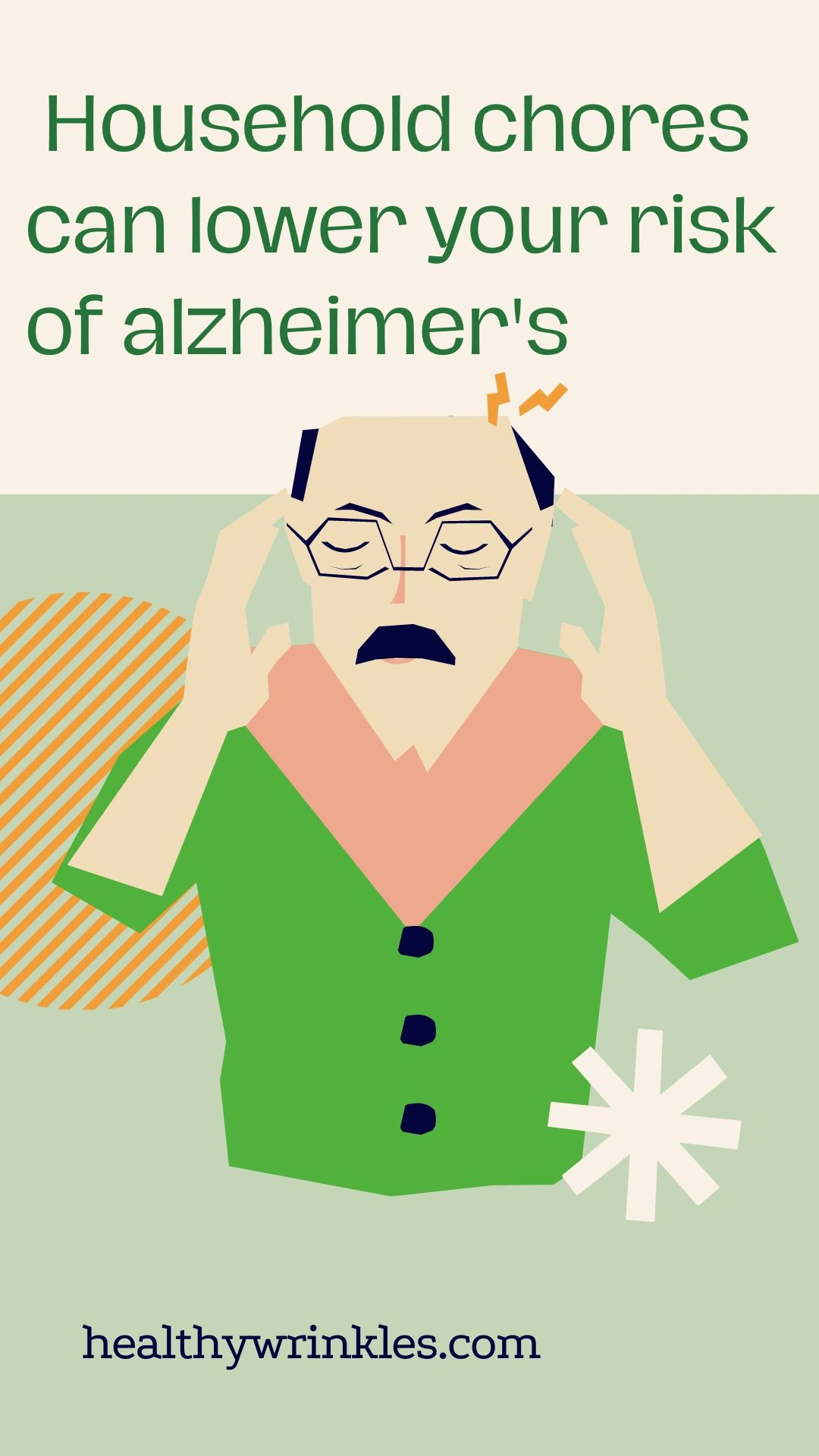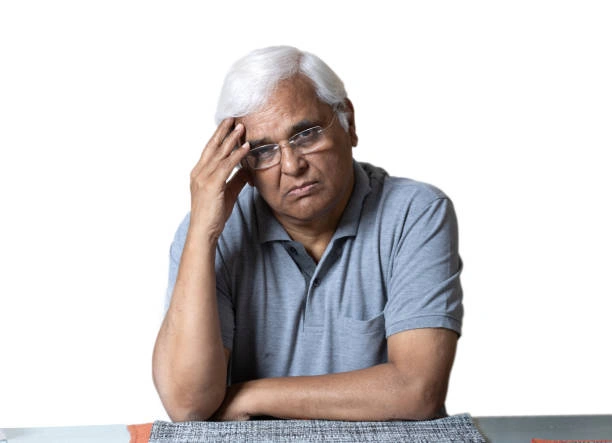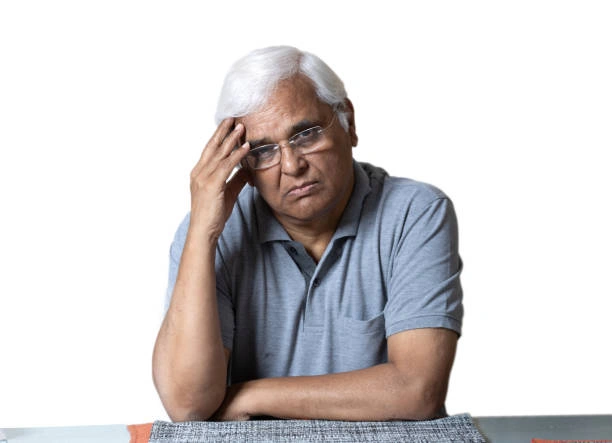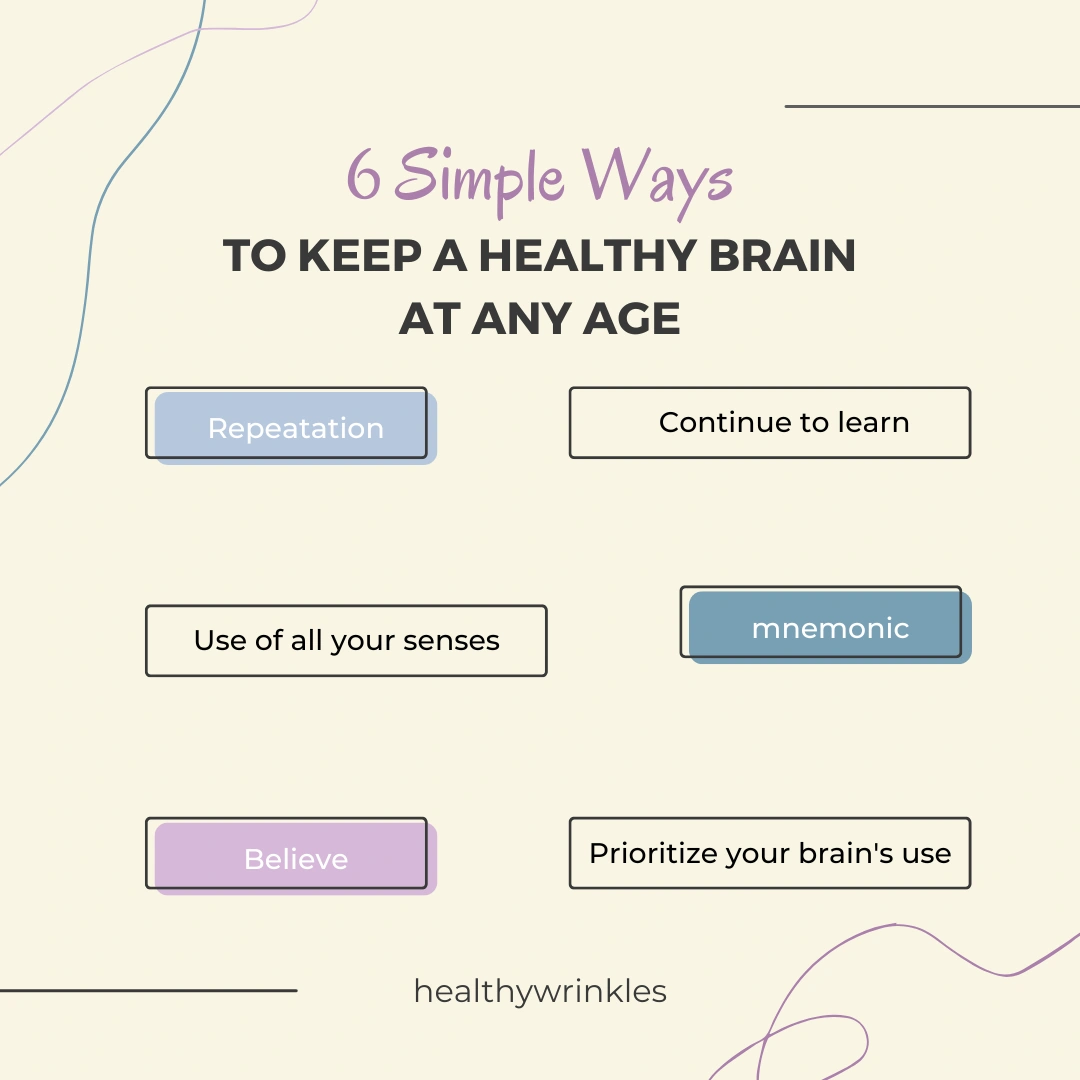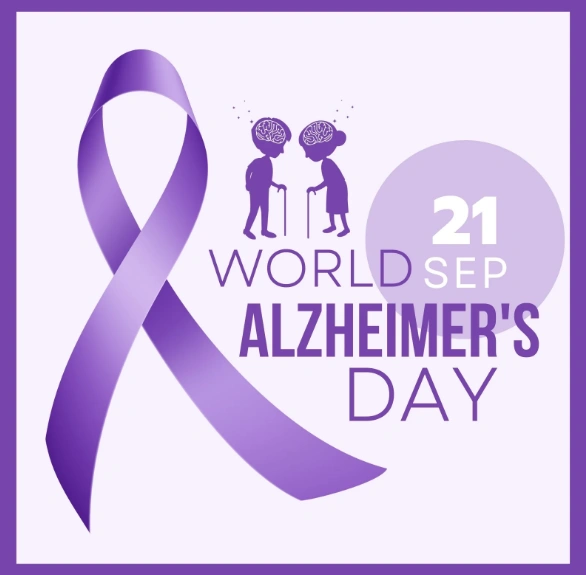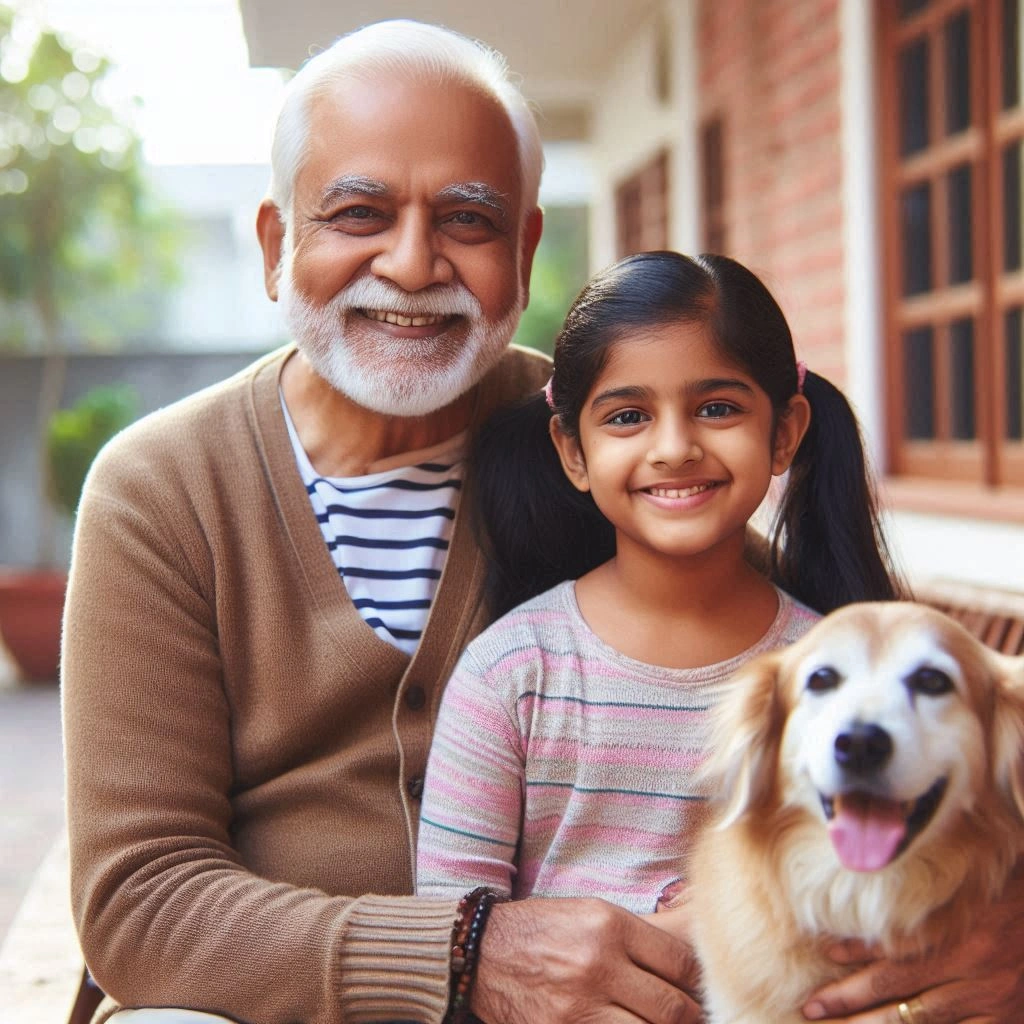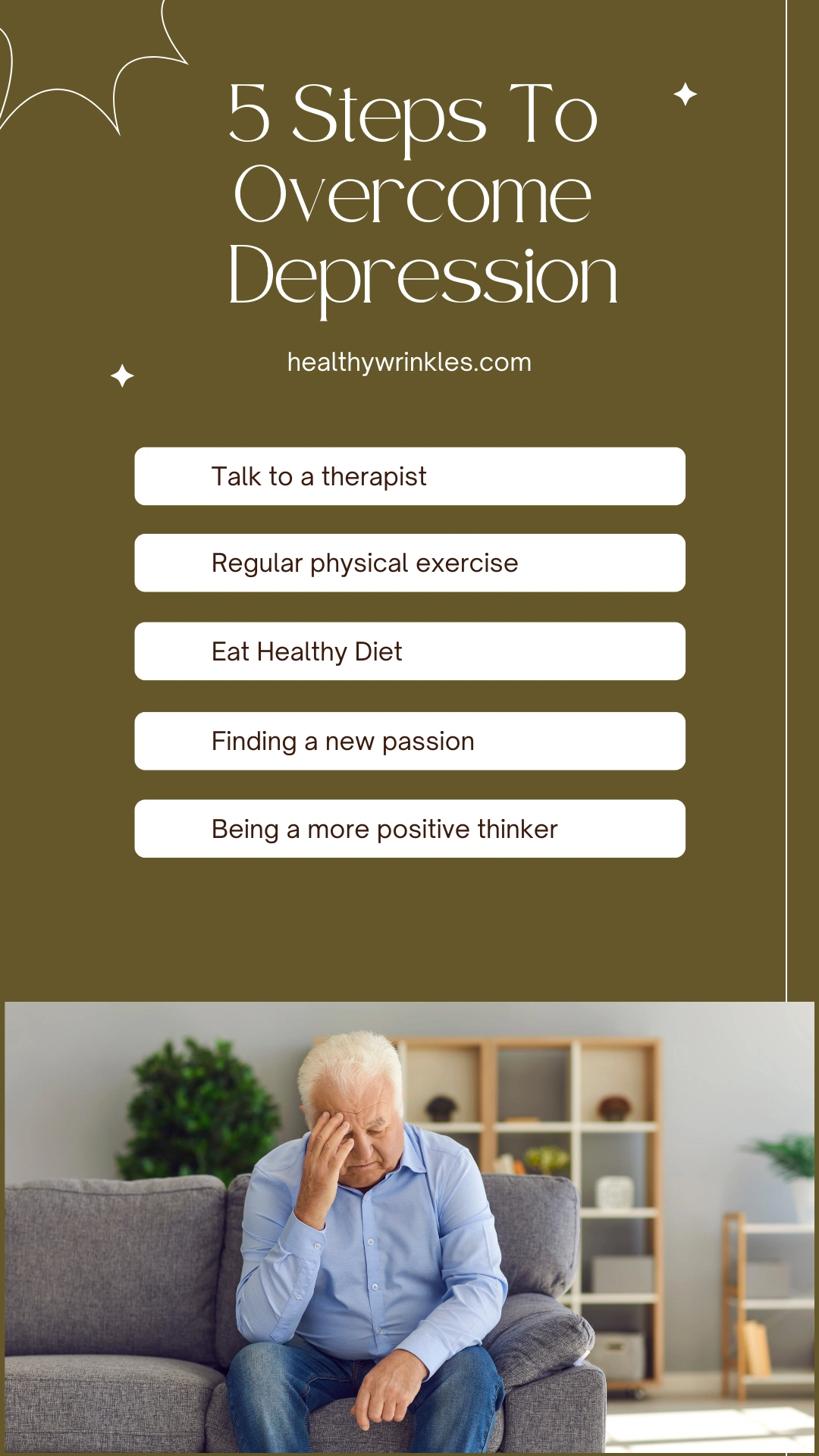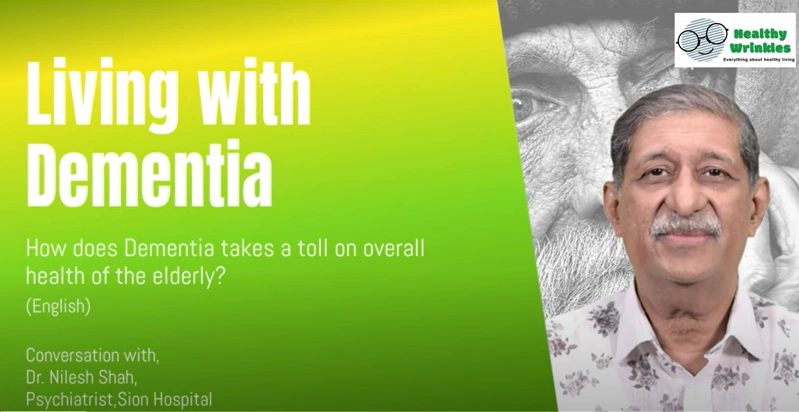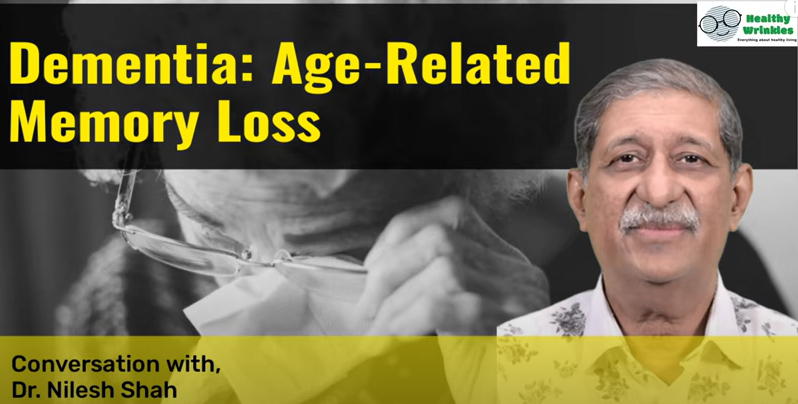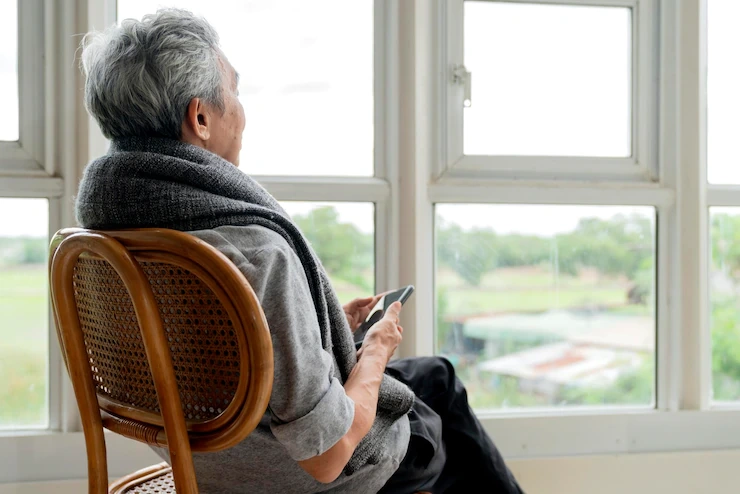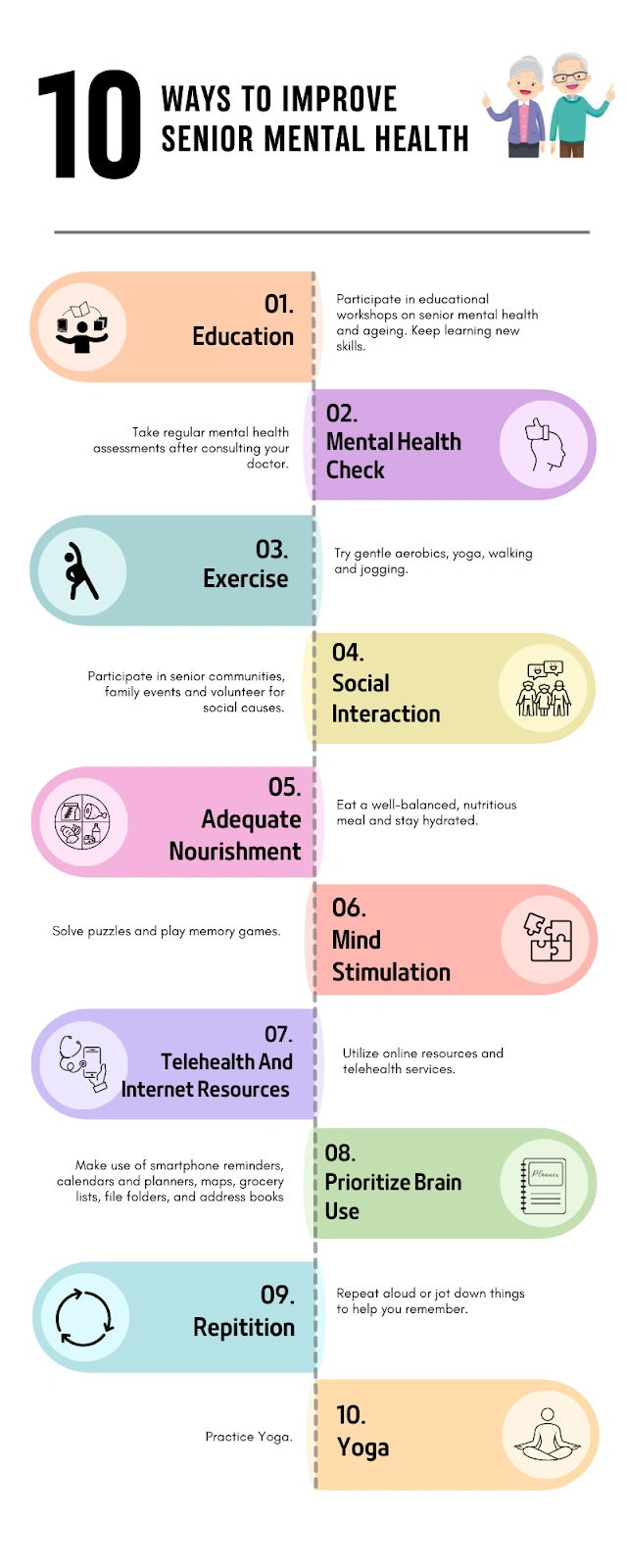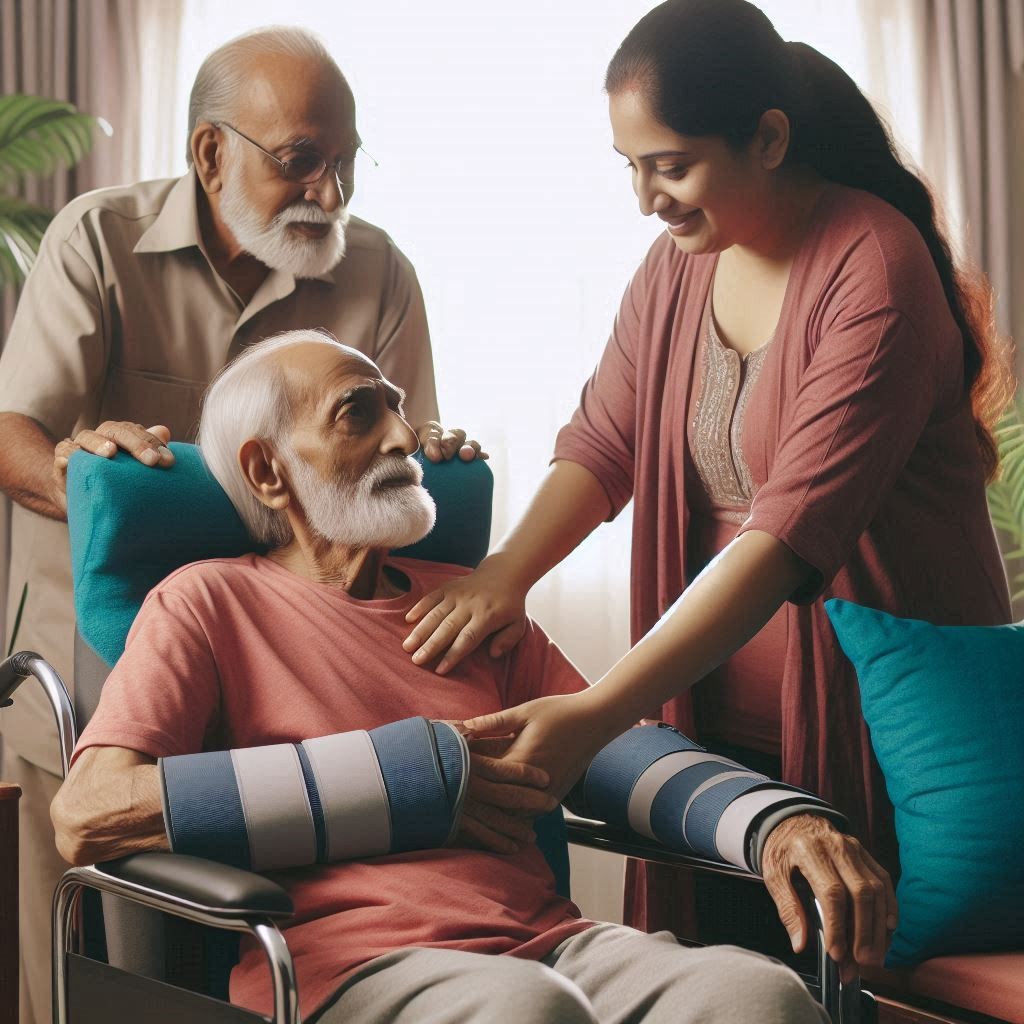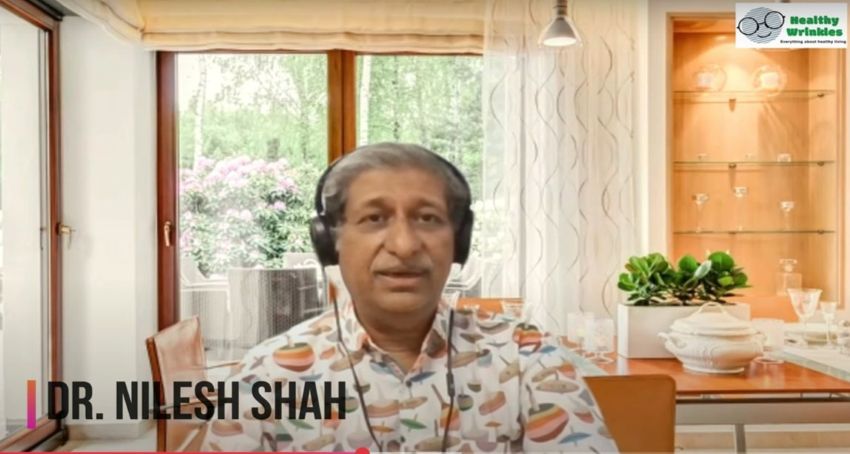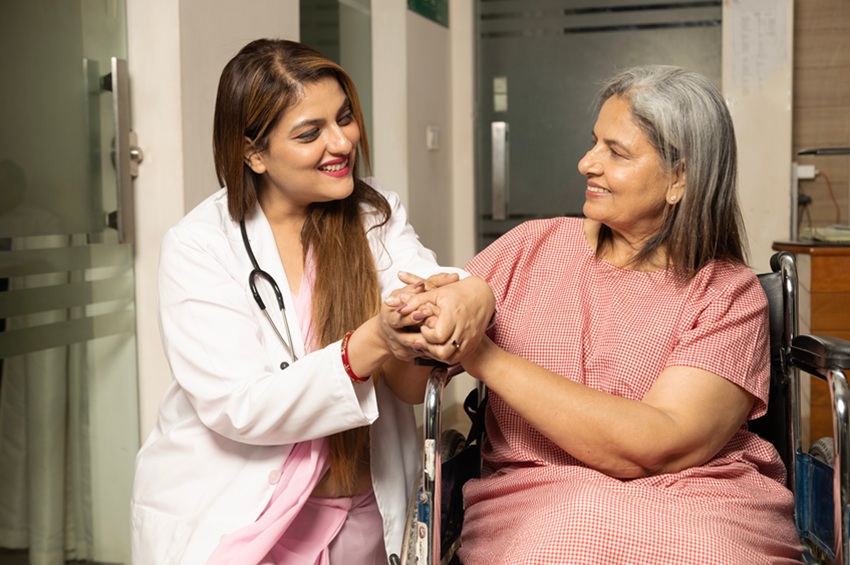Post Stroke Rehabilitation Part II
Stroke Rehab – Part 2
When should stroke rehabilitation begin?
The sooner you begin stroke rehabilitation, the more likely you are to regain lost abilities and skills. It's common for stroke rehabilitation to start as soon as 24 to 48 hours after your stroke, while you're in the hospital.
How long does stroke rehabilitation last?
How long you need stroke rehabilitation depends on the severity of your stroke and related complications. Some stroke survivors recover quickly. But most need some form of long-term stroke rehabilitation. This could last for possibly months or years after a stroke.
Your stroke rehabilitation plan changes during your recovery as you relearn skills and your needs change. With ongoing practice, you can continue to make gains over time.
Where does stroke rehabilitation take place?
You'll probably begin stroke rehabilitation while you're still in the hospital. Before you leave, you and your family will work with hospital social workers and your care team to determine the best rehabilitation setting. Factors to consider include your needs, what insurance will cover, and what is most convenient for you and your family.
The options include:
- Inpatient rehabilitation units. These facilities are either freestanding or part of a larger hospital or clinic. You may stay at the facility for up to 2 to 3 weeks as part of an intensive rehabilitation program.
- Outpatient units. These facilities are often part of a hospital or clinic. You may spend a few hours at the facility a couple of days a week.
- Skilled nursing facilities. The type of care available at a nursing facility varies. Some facilities specialize in rehabilitation, while others offer less-intense therapy options.
- Home-based programs. Having your therapy at home allows greater flexibility than other options. But you likely won't have access to specialized rehabilitation equipment. Insurance coverage for home-based programs varies widely.
Talk to your healthcare team and family about the best option for you.
Who participates in your stroke rehabilitation team?
Stroke rehabilitation involves a variety of specialists.
Specialists who can help with physical needs include:
- Doctors. Your primary care doctor, neurologists and specialists in physical medicine and rehabilitation can guide your care and help prevent complications. These doctors also can help you achieve and maintain a healthy lifestyle to avoid another stroke.
- Rehabilitation nurses. Nurses who specialize in caring for people with limitations with activities can help you incorporate the skills you learn into your daily routines. Rehabilitation nurses also can offer options for managing bowel and bladder complications resulting from a stroke.
- Physical therapists. These therapists help you relearn movements such as walking and keeping your balance.
- Occupational therapists. These therapists help you lead a more independent and active life. They can help you relearn skills for dressing, bathing and household chores and return to driving. Occupational therapists also can help improve your ability to swallow and your cognitive ability with home and workplace tasks and overall safety.
Specialists who focus on cognitive, emotional and vocational skills include:
- Speech and language pathologists. These specialists help improve your language skills and ability to swallow. Speech and language pathologists also can work with you to develop tools to address memory, thinking and communication problems.
- Social workers. Social workers help connect you to financial resources, plan for new living arrangements if necessary and identify community resources.
- Psychologists. These specialists assess your thinking skills and help address your mental and emotional health concerns.
- Therapeutic recreation specialists. These specialists help you resume activities and roles you enjoyed before your stroke. Activities may include hobbies and community participation.
- Vocational counselors. These specialists help you address return-to-work issues if that is one of your goals.
What factors affect the outcome of stroke rehabilitation?
Stroke recovery varies from person to person. It's hard to predict how many abilities you might recover and how soon. In general, successful stroke rehabilitation depends on:
- Physical factors, including the severity of your stroke in terms of both cognitive and physical effects.
- Emotional factors, such as your motivation, mood and your ability to stick with rehabilitation activities outside of therapy sessions.
- Social factors, such as the support of friends and family.
- Therapeutic factors, including an early start to your rehabilitation and the skill of your stroke rehabilitation team.
The rate of recovery is generally greatest in the weeks and months after a stroke. However, there is evidence that performance can improve even 12 to 18 months after a stroke.
Stroke rehabilitation takes time
Recovering from a stroke can be a long and frustrating experience with difficulties along the way. Dedication and willingness to work toward improvement will benefit you the most.
Healthy Wrinkles is devoted to better healthcare of senior citizens. We hope that Healthy Wrinkles YouTube channel, blogs and healthcare service databases will help senior citizens and also their family members to ensure better health. Knowledge, discussions and demonstrations over here are for the purpose of information only and shall NOT be construed as medical advice. You should contact your health care professional with respect to any specific problem or issue.
#Senior #Geriatric #Healthcare #Elderly #Caregivers #Elderlycare #Elderly #Geriatriccare #Geriatricservices #healthyaging #geriatricians #Geriatriccounseling #healthwrinkles#Physiotherpy#rehab
